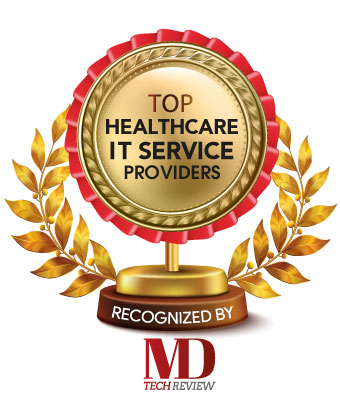For remote monitoring, researchers, cancer patients, oncologists, and caregivers find a higher than expected adherence rate and a variety of enhanced outcomes when incorporating related care technologies.
Fremont, CA: Patient participation, self-management, and empowerment are enhanced by the connected healthcare and incorporation, development and testing of smart instruments in medical care. Several mobile options have been introduced in oncology to change radically how to help, data and services are accessed, shared, tracked, and acted upon.
Few studies have shown that two major obstacles to technology adoption are a substantial lack of literacy in health apps and an unawareness of acceptable choices. For some of the patient population, including socioeconomic classes, non-English speakers, persons with less than high school education, and senior citizens, the problem is distinct. However, according to a report, clinical results have improved for cancer patients who had any prior computer expertise before enrolling in similar clinical health studies.
For remote monitoring, researchers, cancer patients, oncologists, and caregivers find a higher than expected adherence rate and a variety of enhanced outcomes when incorporating related care technologies. Different enhanced results can be obtained, such as improved symptom management that encourages more extended recovery periods, the value and effect of support for non-treatment, and longer survival times.
Today, researchers understand how they can simplify and maximize patient outcomes by applying advanced technologies in oncology pathways. Numerous cancer patients are going through radiation therapy in a federally funded randomized clinical trial. Mobile and sensor-based connected health technology has allowed fast and accurate responses to be delivered that can reduce the severity of the symptom and alleviate the burden of treatment.
Moderate or severe swallowing problems are the most common side effect of radiation therapy for patients with head and neck cancer. Mucositis can also lead to hospitalization, dehydration, and low quality of life. The new advanced technologies would allow physicians to react and intervene with dehydration and other symptoms at the initial stage before it can affect the result's life.




